“When we try to pick out anything by itself, we find it hitched to everything else in the Universe.”
-John Muir
From my perspective, protecting and supporting wildlife is part of a broader picture that involves supporting nature and the planet which in turn supports us. Our wildlife is essential to ecosystems and ecosystems are essential for the health of the planet. When we support nature, we are actually supporting ourselves because we need this planet and what it naturally provides for us to thrive. From a global perspective, there are many ways we are negatively impacting the planet which we don’t even realize. But we can easily become the game changers to help restore nature and continue thriving on this planet by making small changes to the ways we live our life.
Reconnection
One day I was making dinner and was looking at the variety of food that was available to me to make dinner taste good; tomatoes, cilantro, limes, red onion, avocado, potatoes…all of these foods are readily available and at our disposal on our planet. The best part is, we have so much variety, we get to choose what types of cuisines we want to eat, thanks to how well food grows on our planet.
Which got me thinking…there is so much to be thankful for to be living on planet Earth. We have delicious food that grows so well in so many climates, we have gravity that holds us to the Earth, the sun is perfectly distanced so we get the right amount of light needed for us to thrive here, the trees and oceans give us oxygen to breathe, beautiful landscapes for us to enjoy. We benefit in so many ways from nature and we don’t even have to ask – all of it is available to us.
Things are shifting though. Ice caps are melting that once helped cool the planet, there are more wild fires, flooding, drought, plastic pollution is everywhere, and over-fishing is changing the health of our oceans, which we need. We need nature more than nature needs us. Nature is humanity’s inheritance.
We can still live our best lives but with making small, improved choices, we can take care of our planet that already does so much for us.
Interconnection
Four billion years ago, life began as single cell organisms and we sprouted int 8.7 million species on this planet today. Each living creature has a unique purpose for being here and contributes to life on this planet. Not only are each of us unique, we are all interconnected but this isn’t always apparent.
So, before you take a sip of your almond milk or a bite out of your apple, you may want to thank a bee for it. One in three bites of the food we eat is due to bees pollinating plants.
Bees are important for a number of reasons; they help maintain healthy ecosystems and they provide food for animals and humans through pollination. These pollinators help to fertilize plants which results in the formation of new seed growth that produces more food for us to eat.
Bees pollinate 1/3 of the food we eat ranging from fruits, vegetables, grains, nuts, and seeds. According to the HoneyBee Conservancy, without bees, we would lose 100% of almond crops, 90% of apples, blueberries, and cucumbers to name a few. Bees contribute to approximately $15 billion of U.S. crop production per year.
Whales are another example of our interconnectedness. Whales help provide the oxygen we need and help combat climate change by providing nutrients to phytoplankton.
Phytoplankton can be compared to plants that live on the ocean’s surface that require sunlight, water, nutrients like iron and carbon dioxide to photosynthesize.
Whales come near the surface of the oceans to defecate and when they do, they help to fertilize the phytoplankton which keeps the phytoplankton healthy and continue like plants on land to absorb the carbon dioxide in the air and provide part of the oxygen we breathe. Whales are considered the gardeners of the ocean and help provide us with 50-80% of the oxygen we breathe.
Lastly, I wanted to mention elephants and the role they play in the ecosystem they live. Elephants are keystone species which means other species and the ecosystems largely depend on them. Without them, the ecosystem would drastically change.
As whales are known as the gardeners of the ocean, elephants are known as the gardeners of the forest. When eating from grasses and trees, elephants spread seeds around they have eaten which helps to spread plant life to other areas. The plants that are spread to other areas give off oxygen for us to breathe.
Elephants also dig waterholes in dry river beds that other animals use as a water source as well as creating trails that serve as fire breakers and water run offs. Without their presence, the ecosystem and other species within their ecosystem would not be able to thrive. Healthy ecosystems means a healthy planet for all of us.
These are just a few examples of how we are all interconnected.
Life began as single cell organisms approximately 4 billion years ago which are now 8.7 million complex species on planet earth is no coincidence. We each have a purpose for being here, we contribute to life on earth in our own special way, and we really do depend on each other to thrive.


